What happened to Alexander Litvinenko?
Sergei Skripal’s apparent poisoning has drawn comparisons with 2006 poisoning of other exiled former Russian spy
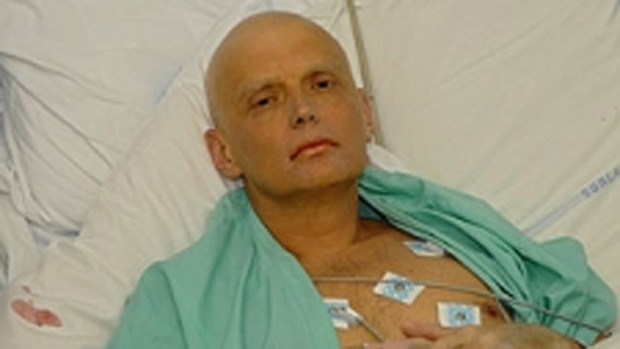
A free daily email with the biggest news stories of the day – and the best features from TheWeek.com
You are now subscribed
Your newsletter sign-up was successful
The apparent assassination attempt on former Russian spy Sergei Skripal and his daughter in Salisbury last week shows that Britain has failed to learn the lessons of the murder of Alexander Litvinenko in 2006, according to Litvinenko’s widow.
Marina Litvinenko told The Times that reading about the suspected poisoning in Wiltshire had given her a sense of “deja vu”.
More than a decade after Litvinenko was poisoned with deadly polonium-210 in London, the circumstances of his death are still disputed by the Russian government. But according to the Metropolitan Police, and a public inquiry that concluded in January 2016, the radioactive trail left by his killers leads back to the Kremlin.
The Week
Escape your echo chamber. Get the facts behind the news, plus analysis from multiple perspectives.

Sign up for The Week's Free Newsletters
From our morning news briefing to a weekly Good News Newsletter, get the best of The Week delivered directly to your inbox.
From our morning news briefing to a weekly Good News Newsletter, get the best of The Week delivered directly to your inbox.
Who was Litvinenko?
A former spy, Litvinenko fled to Britain after leaving Russia's Federal Security Service (FSB), the successor to the KGB. “He became a fierce critic of the Kremlin,” says the BBC. It later “emerged the father-of-one was being paid by the British secret service MI6” for information about links between Putin's inner circle and the Russian mafia, according to the news site.
How did he die?
On 1 November 2006, Litvinenko met ex-KGB agents Andrei Lugovoy and Dmitry Kovtun for tea at the Millennium Hotel in central London. All three were caught on CCTV as they arrived for the meeting. Lugovoy and Kovtun are then believed to have slipped polonium-210 into Litvinenko's tea and encouraged him to drink it, says The Daily Telegraph.
A free daily email with the biggest news stories of the day – and the best features from TheWeek.com
What's the evidence?
“Litvinenko’s white ceramic teapot was not difficult to discover,” says The Guardian. “It gave off readings of 100,000 becquerels per centimetre squared” of polonium - about ten times the lethal concentration. Police were able to match Kovtun and Lugovoy's movements with the radioactive trail, and found debris containing 390,000 becquerels of polonium in Kovtun's hotel room, “in the sediment trap of the sink’s waste pipe”. Traces were also found on the pair’s seats on the British Airways plane that flew them back to Moscow.
Who ordered the killing?
“Probably” Vladimir Putin, according to the inquiry, which described the killing as an act of “state-sponsored nuclear terrorism”. In The Guardian, Luke Harding writes that only a government-backed assassin could have acquired polonium. The poison was made at “a nuclear reactor in the Urals and a production line in the Russian town of Sarov”, before “a secret FSB laboratory, the agency’s ‘research institute’, then converted it into a dinkily portable weapon”, according to Harding.

21 January 2016
Litvinenko inquiry: judge points the finger at Putin
The murder of former Russian spy Alexander Litvinenko was "probably" approved by President Vladimir Putin, an inquiry into the death has found.
Litvinenko died days after drinking tea laced with radioactive polonium in a London hotel in 2006. The main suspects, former KGB agents Andrei Lugovoi and Dmitry Kovtun, who were also named in the report, have denied killing him.
On his deathbed, the 43-year-old told police Putin had ordered his murder, an allegation Moscow has repeatedly and emphatically denied.
However, Sir Robert Owen's inquiry points the finger squarely at the Kremlin and highlights a number of possible motives for the murder.
The report also found there was "undoubtedly a personal dimension to the antagonism" between Litvinenko and Putin.
After his defection to Britain in 2000, Litvinenko became an outspoken critic of the Russian leader and made a series of personal attacks, including an allegation that Putin was a paedophile.
Russia has dismissed the findings, calling the report "biased and opaque” and saying it has "clouded bilateral relations with the UK".
Lugovoi, who is now a politician, called the accusations against him "absurd" and said the ruling was proof of "London's anti-Russia position".
In London, Litvinenko's widow, Marina, welcomed the report and urged the UK to impose sanctions on Russia. "It is unthinkable that the Prime Minister would do nothing in the face of the damning findings," she said.
Downing Street said the conclusions were "extremely disturbing", but it would have to weigh up its response against the need to work with Russia over Islamic State, The Guardian reports.
Home Secretary Theresa May, who described the case a "blatant and unacceptable breach of the most fundamental tenets of international law and civilised behaviour", vowed the government would be taking the findings "extremely seriously", said the BBC.
But her response was criticised by shadow home secretary Andy Burnham, who argued it did not go far enough and that the UK risked being seen as weak.
Alexander Litvinenko inquiry: Russia 'wanted former spy dead'
30 July
The Russian state must have been involved in the murder of former spy Alexander Litvinenko, the inquiry into his death has heard.
Litvinenko, a former Russian spy who defected to Britain, died after drinking tea laced with radioactive polonium in an upmarket London hotel in 2006.
Former KGB officers Andrei Lugovoi and Dmitry Kovtun are alleged to have assassinated him on the orders of senior Russian officials. Both men deny the claims and Moscow has refused to extradite them.
The use of polonium points directly to the involvement of the Russian government, Richard Horwell, the barrister for the Metropolitan Police, told the inquiry in his closing remarks.
The poison used to kill Litvinenko would have cost "tens of millions of dollars" to buy and has been traced back to the state-run Avangard plant in the Russian city of Sarov.
Horwell said "the only credible explanation is that in one form or another the Russian state was involved in his murder," Reuters reports.
Litvinenko left the KGB after accusing the agency of murdering political opponents and was recruited by MI6 as an informant – something that would have been seen as "akin to treachery" in Moscow, said Howell.
The former spy also threatened to expose links between President Vladimir Putin and one Europe's largest criminal organisations, expressed sympathy with Chechen separatists and made "explosive" claims about Putin being a paedophile in 2006.
"There can be no doubt that the Russian state had reasons aplenty for wishing Litvinenko not only harm but death," the QC said.
However, he stressed this did not necessarily mean that Putin himself was involved or gave the order to kill him, the BBC reports.
The inquiry also heard that the polonium used to poison Litvinenko exposed the capital to a miniature nuclear attack and put Londoners at risk. "That comment is justified," Horwell concluded today,
Traces of the radioactive substance were found across the city, including in offices, hotels, planes and even the Emirates stadium.
"We will never know how dangerous the exposure of polonium to the public at large will be and what long-term effects will be visited upon Londoners."
Alexander Litvinenko inquiry: three unanswered questions
27 July
The main suspect in the murder of former Russian spy Alexander Litvinenko has confirmed that he will not give evidence to the ongoing inquiry into his death.
Dmitry Kovtun, one of two men accused of poisoning Litvinenko with radioactive polonium at a London hotel in 2006, was due to give evidence via videolink from Moscow today.
But he told the BBC that he had been unable to get the required permission from Russian authorities, as testifying would risk violating an obligation of confidentiality to a separate Russian investigation into Litvinenko's death.
Kovtun, who denies any involvement in the assassination plot, had initially refused to take part in the inquiry which began earlier this year, but suddenly changed his mind in March and offered to give evidence.
"None of this comes as any surprise," Richard Horwell QC for the Metropolitan Police said today. "It appears Kovtun's request to give evidence was nothing more than an attempt to become a core participant and obtain as much information about these proceedings as he could."
As a participant in the investigation, Kovtun was entitled to see 15,000 pages of evidence, but not classified government files on the case, the Press Association reports.
The inquiry has already heard six months of extraordinary testimony, but a number of critical questions remain unanswered, writes The Guardian's Luke Harding.
What was in the secret government evidence?
While none of the top-secret documents presented to the inquiry have been made public, Harding suggests they may include MI6's classified file on Litvinenko, who worked for the intelligence agency from 2003 until 2006 as an informant. "The material may also feature phone transcripts and emails gathered from British and US interception operations against prominent Russian targets," he says.
How did the polonium get to London?
Investigators traced the radioactive substance back to the state-run Avangard plant in the Russian city of Sarov, where nuclear weapons were produced for the Soviet government during the communist era. It is unclear how or when the polonium was given to Kovtun and his co-accused Andrei Lugovoi and exactly how it was brought to Britain. The cost of producing and transporting the substance would have run into the tens of millions of dollars, the counsel for the widow Marina Litvinenko argued earlier this year.
Who gave the order to kill Litvinenko?
This is the question at the very heart of the inquiry. While opening the investigation, chairman Sir Robert Owen said sensitive evidence had established there was a "prima facie case" as to the culpability of the Russian state. Several witnesses have said the order could only have been given at the highest level - by President Vladimir Putin himself.
The inquiry has been presented with a persuasive motive for the killing, says Harding. "Litvinenko was killed because of his investigation into the Russian mafia and its links with prominent Kremlin figures, including Putin."
As he lay dying in hospital, Litvinenko said that truth would only come to light once the Putin regime collapsed or its spy chief defected to the West. "Neither of these things has happened yet," says Harding. "The full truth is there but we may have to wait for it."
Alexander Litvinenko inquiry: what we have learned so far
02 February
The judge-led inquiry into the death of the former Russian spy Alexander Litvinenko today heard evidence from his widow Marina.
During the last week, the public inquiry has "heard some of the most astonishing evidence ever given in an English courtroom," says the Daily Telegraph's Neil Tweedie.
Litvinenko died in London in 2006 after drinking tea laced with radioactive polonium at a hotel in Mayfair. Two former KGB officers, Andrei Lugovoi and Dmitry Kovtun, are alleged to have assassinated him on the orders of senior Russian officials. However, both men deny the claims and Moscow has refused to extradite them.
Here's some of what we have learnt so far:
His "bungling assassins" exposed London to a "miniature nuclear attack"
The counsel to the inquiry, Robin Tam QC "painted a picture of two bungling assassins, who tried to murder Litvinenko not once but twice," according to The Guardian. The inquiry heard that the two men may not have known the poison was radioactive and carelessly assumed it was chemical, putting thousands of lives in London in danger after it was spread across the capital.
Litvinenko was only exposed to a small dose of the poison at his first meeting with Kovtun and Lugovoi after it was accidentally "spilled all over the table", but the second dose was more than enough to kill him.
The polonium "had to come from Russia"
The inquiry heard that the poison used to kill Litvinenko would have cost "tens of millions of dollars" to buy. "Such a costly method of assassination would not have appealed to a criminal organisation," says Tweedie.
He was on MI6's payroll – but he wasn't a double agent
Litvinenko received a monthly payment from MI6, but he was only recruited as an informant two years after he fled Russia, the inquiry heard. In return for information about senior Russian officials and organised crime, Litvinenko was given a £2,000 a month salary, an encrypted phone a minder called "Martin."
He converted to Islam on his deathbed:
Litvinenko made the decision to convert so that he could be buried in Chechen soil. When he told his father, he replied: "It does not matter. At least you are not Communist."
His final words:
"I love you so much," to his wife Marina.
-
 How the FCC’s ‘equal time’ rule works
How the FCC’s ‘equal time’ rule worksIn the Spotlight The law is at the heart of the Colbert-CBS conflict
-
 What is the endgame in the DHS shutdown?
What is the endgame in the DHS shutdown?Today’s Big Question Democrats want to rein in ICE’s immigration crackdown
-
 ‘Poor time management isn’t just an inconvenience’
‘Poor time management isn’t just an inconvenience’Instant Opinion Opinion, comment and editorials of the day
-
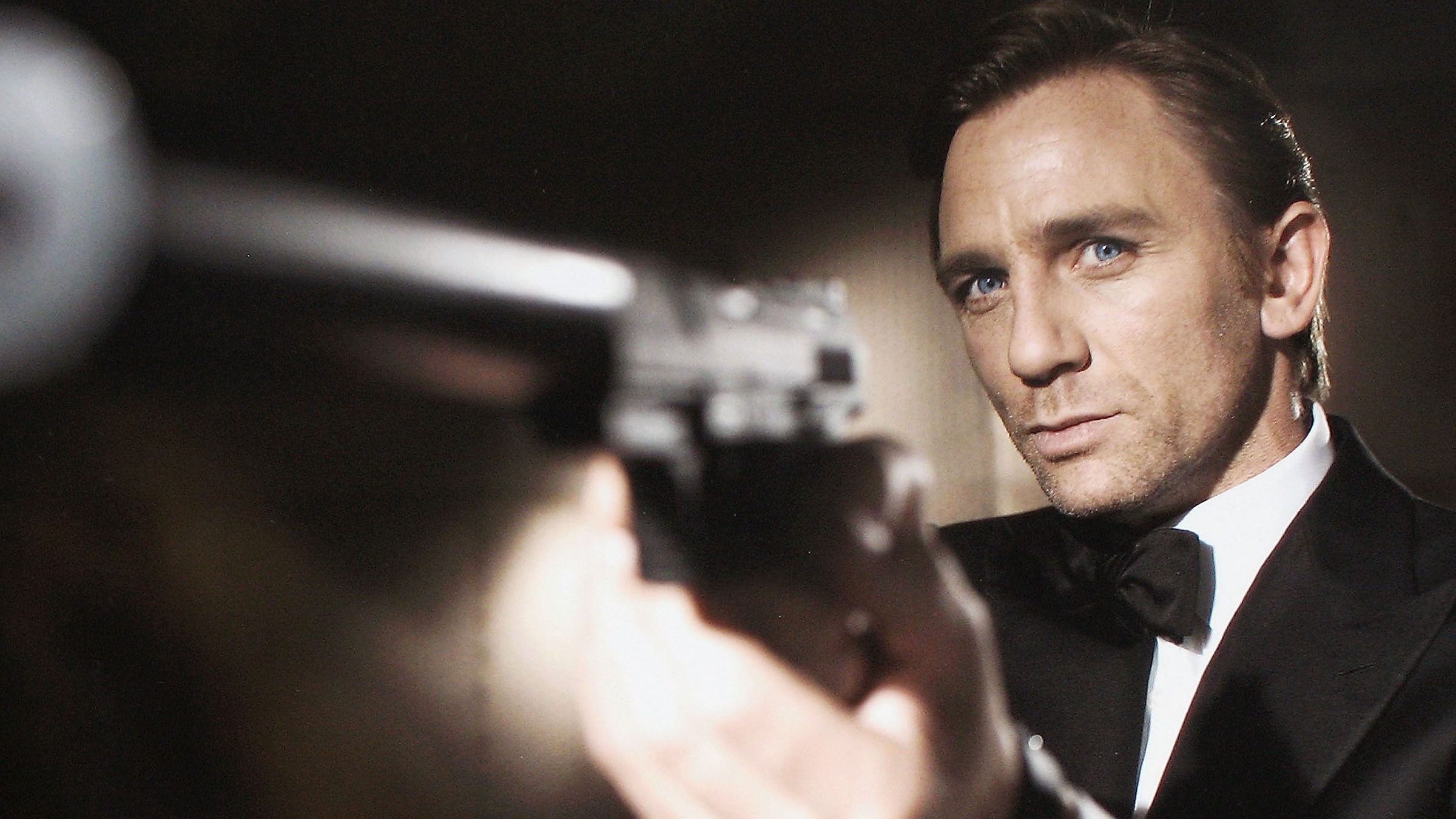 Debate: should British spies be given a ‘licence to kill’?
Debate: should British spies be given a ‘licence to kill’?In Depth Government to push through law offering protections to secret agents
-
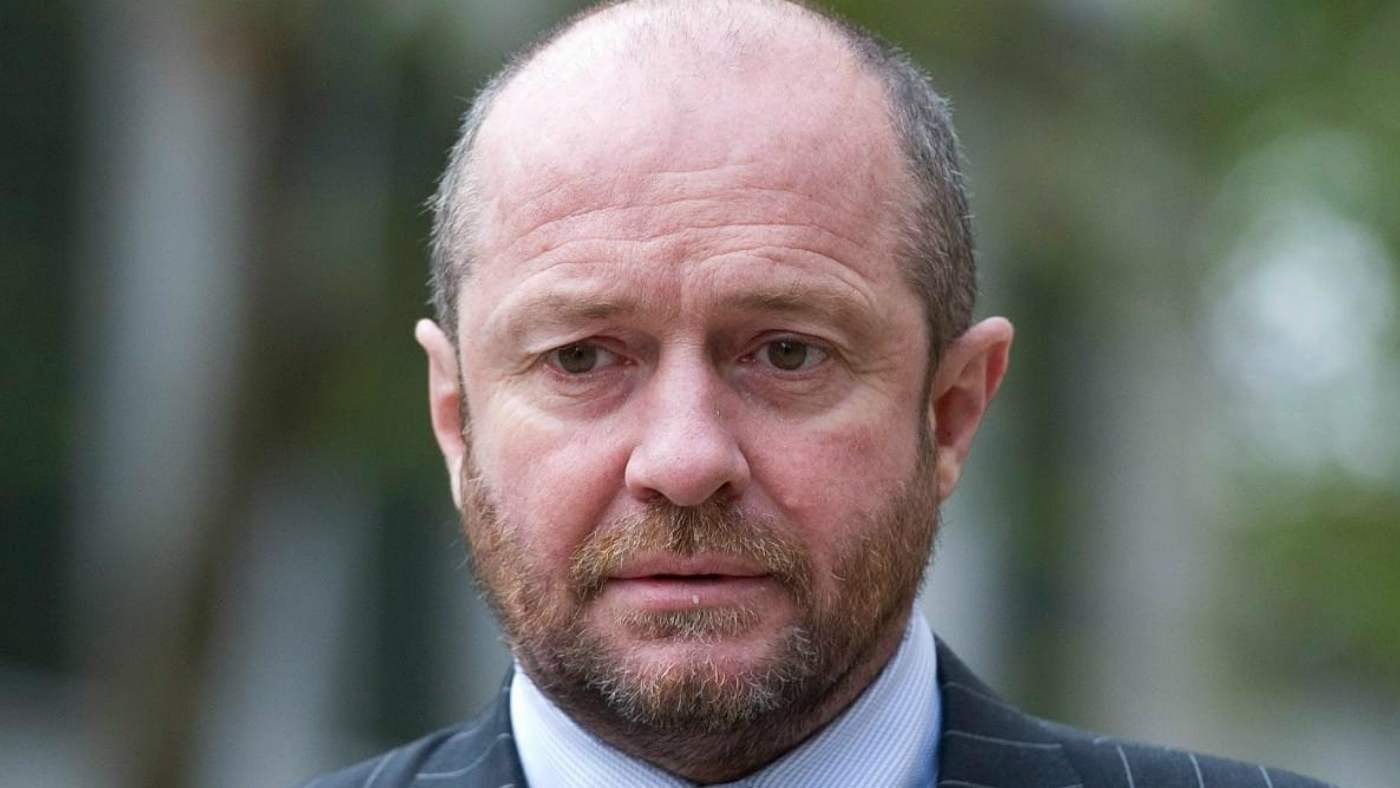 Why Skripal detectives are examining ‘suicide’ of Scot Young
Why Skripal detectives are examining ‘suicide’ of Scot YoungSpeed Read Investigators says Russian military intelligence officers visited UK around time of British tycoon’s death
-
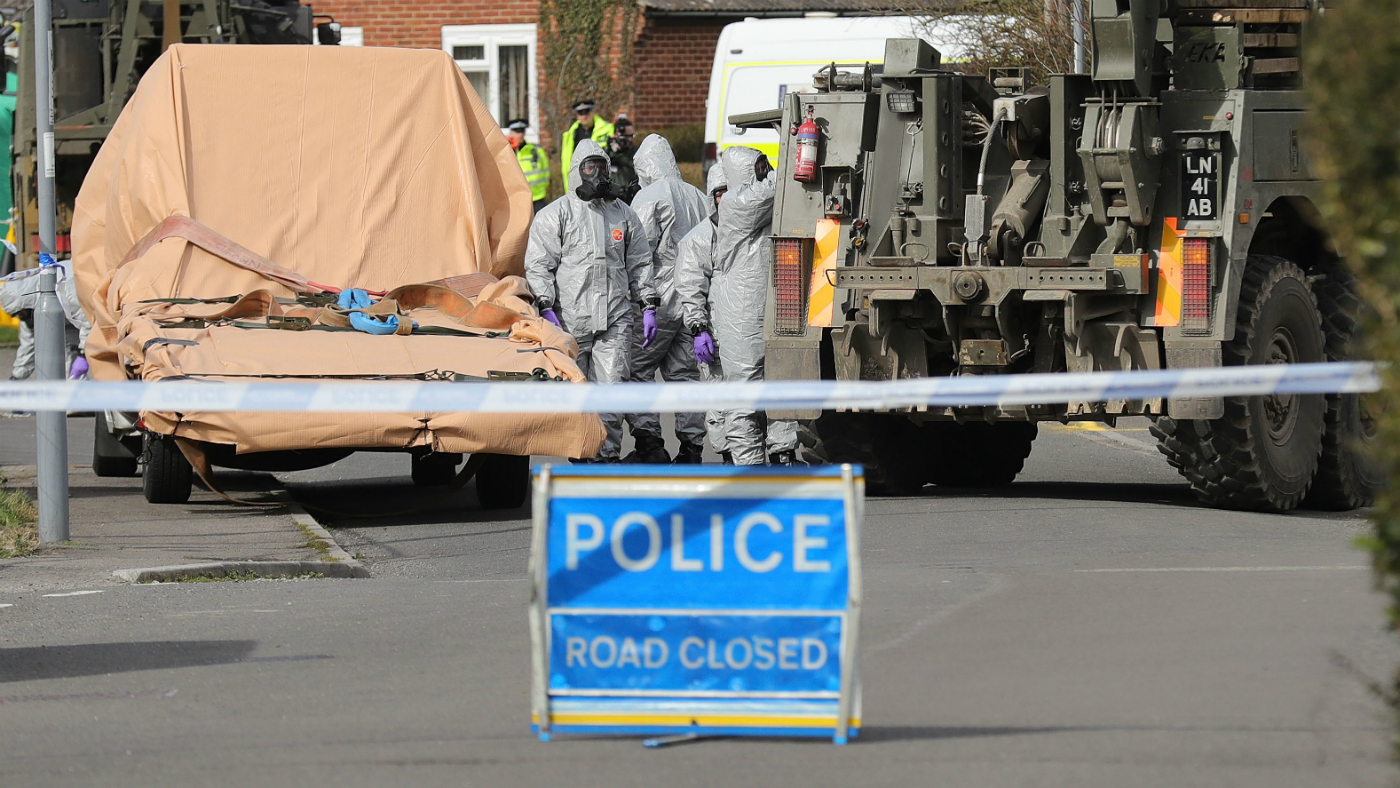 Was Prezzo Salisbury poisoning a hoax?
Was Prezzo Salisbury poisoning a hoax?Speed Read Police considering theory that incident was faked as it emerges ‘victim’ is convicted criminal who pranked Prince Charles
-
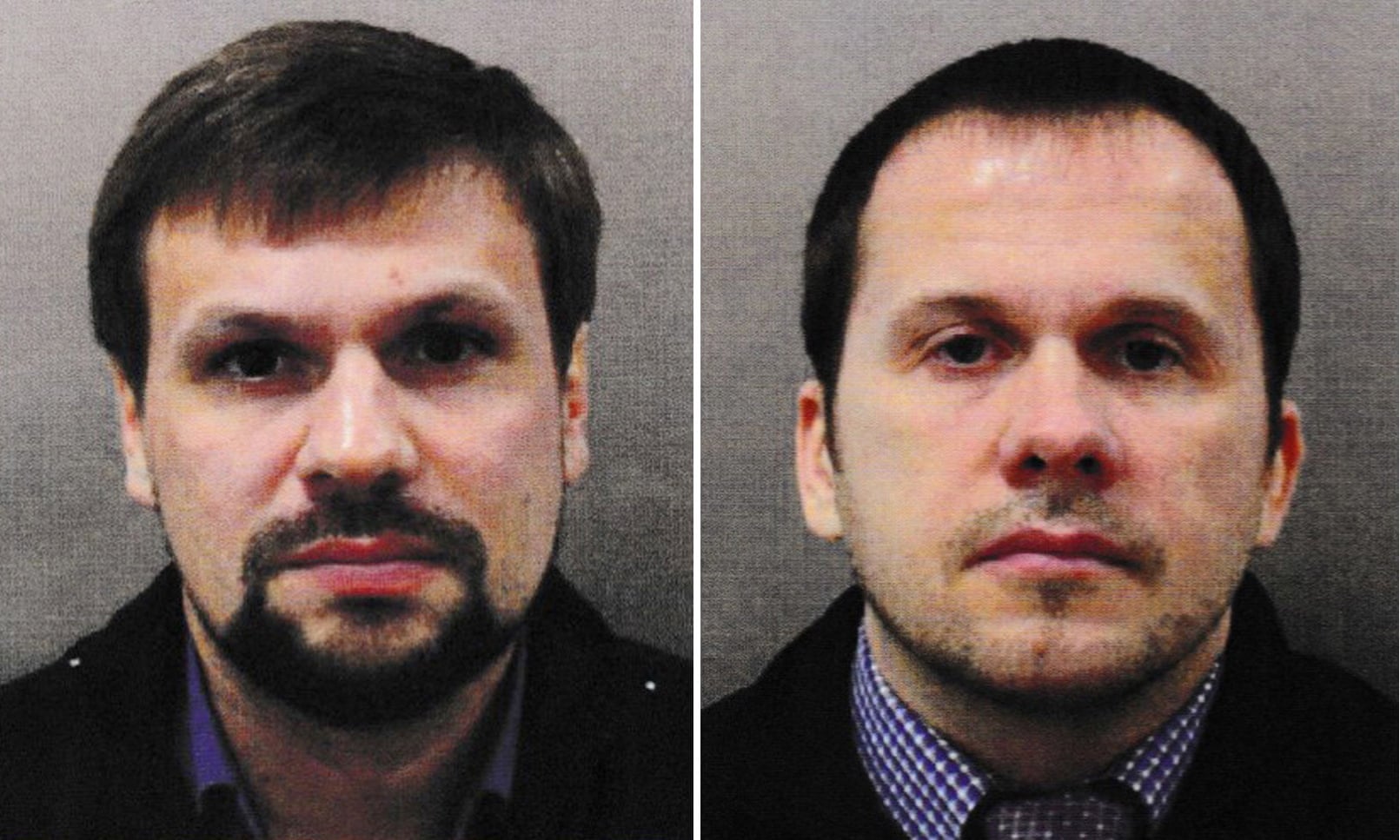 Alexander Petrov and Ruslan Boshirov: will Salisbury suspects face trial following ‘blatant lies’?
Alexander Petrov and Ruslan Boshirov: will Salisbury suspects face trial following ‘blatant lies’?In Depth US, France, Germany and Canada back UK theory that Russian officials sanctioned nerve agent attack
-
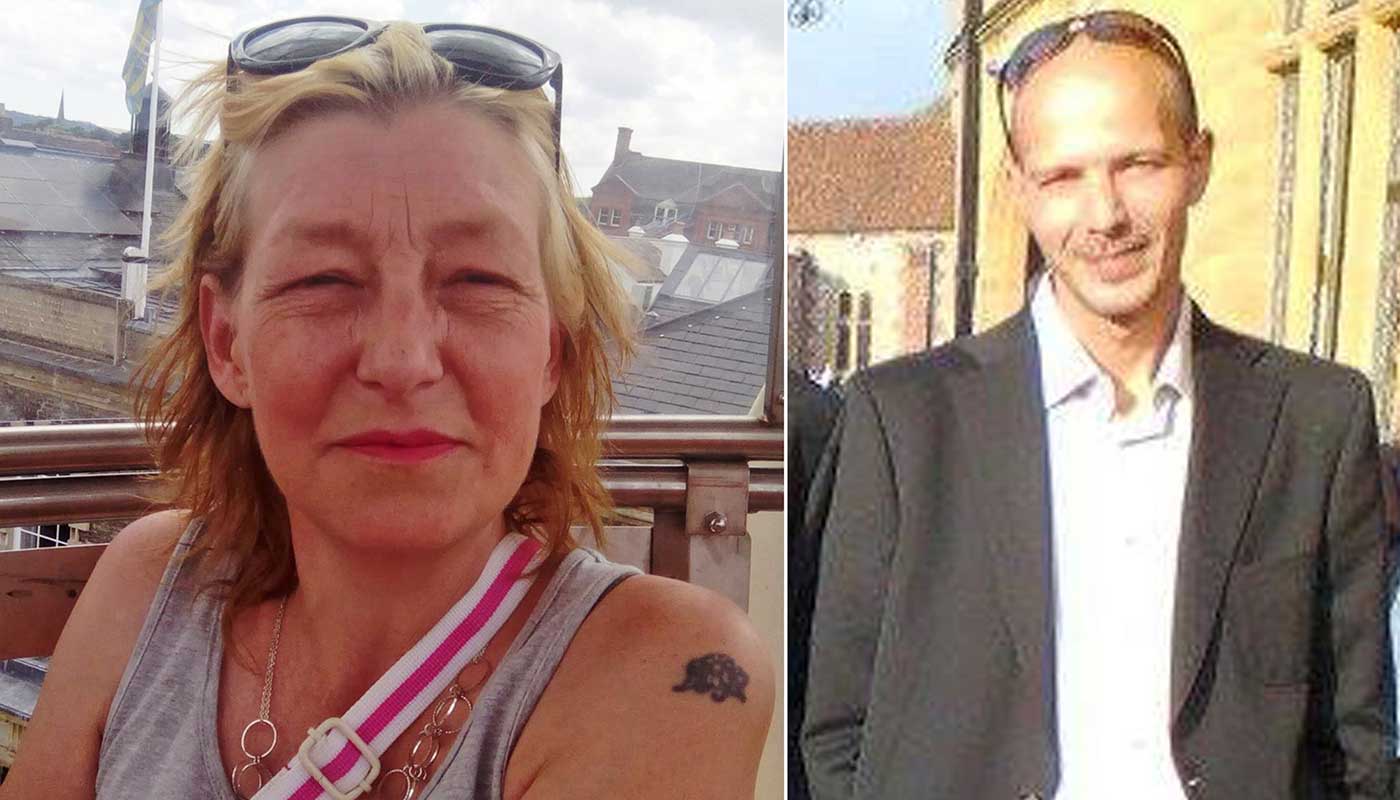 Dawn Sturgess funeral: how mourners will be protected from novichok exposure
Dawn Sturgess funeral: how mourners will be protected from novichok exposureSpeed Read Nerve agent victim will be buried without pallbearers after funeral directors take advice from Public Health England
-
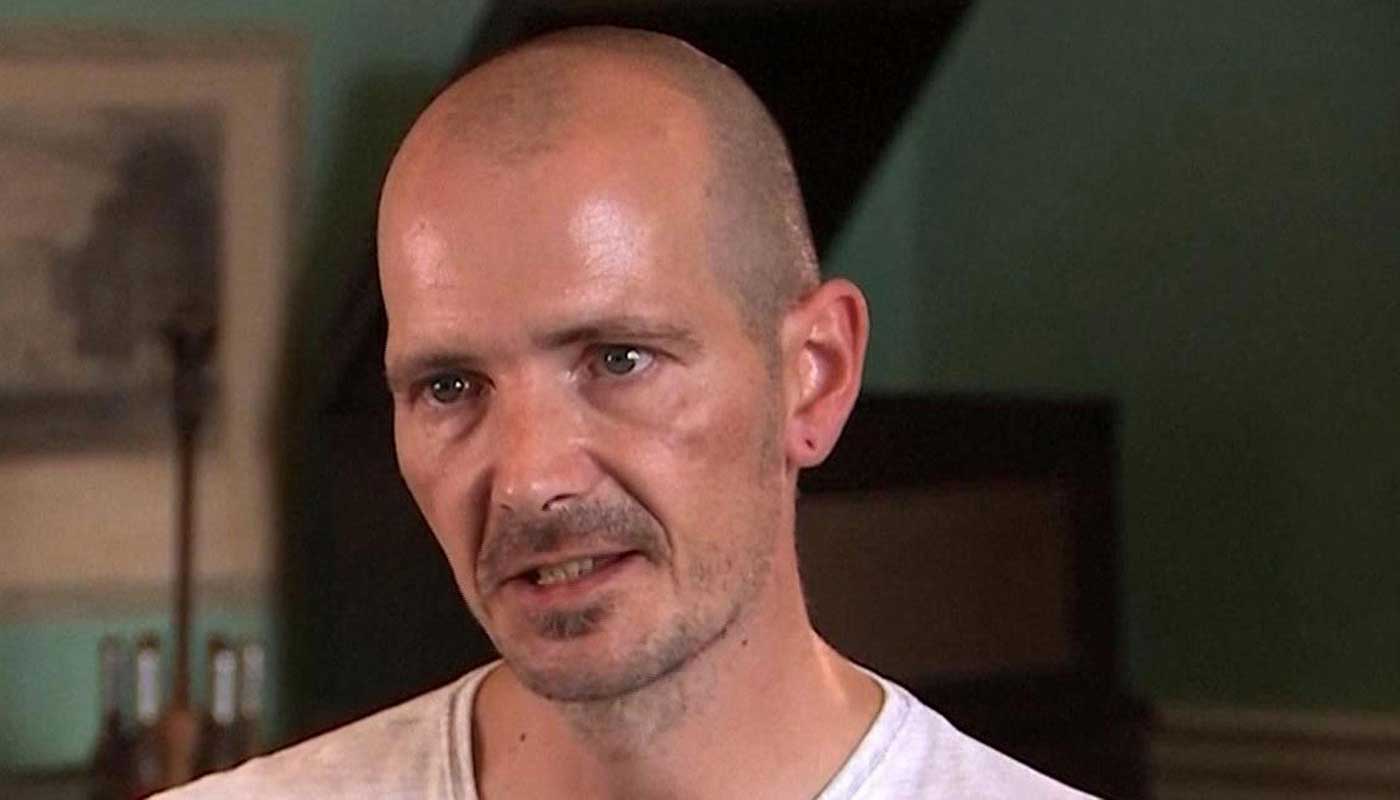 Novichok poisoning: deadly nerve agent 'disguised as perfume', victim says
Novichok poisoning: deadly nerve agent 'disguised as perfume', victim saysSpeed Read Salisbury poisoning survivor Charlie Rowley says nerve agent was contained in a sealed box of perfume
-
 Who killed Dawn Sturgess? What we know so far
Who killed Dawn Sturgess? What we know so farIn Depth Mother-of-three dies after being exposed to same nerve agent used to poison Russian ex-spy Sergei Skripal
-
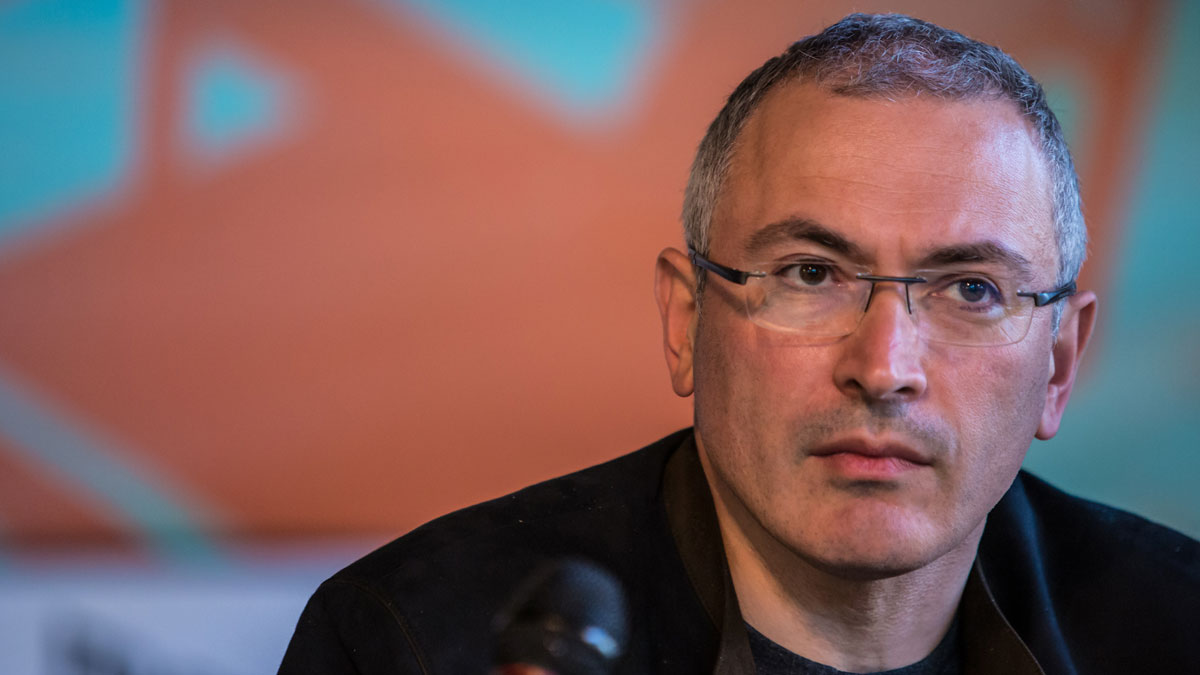 Former Russian tycoon may seek asylum in UK
Former Russian tycoon may seek asylum in UKSpeed Read Outspoken critic of Vladimir Putin has been charged with murder in absentia